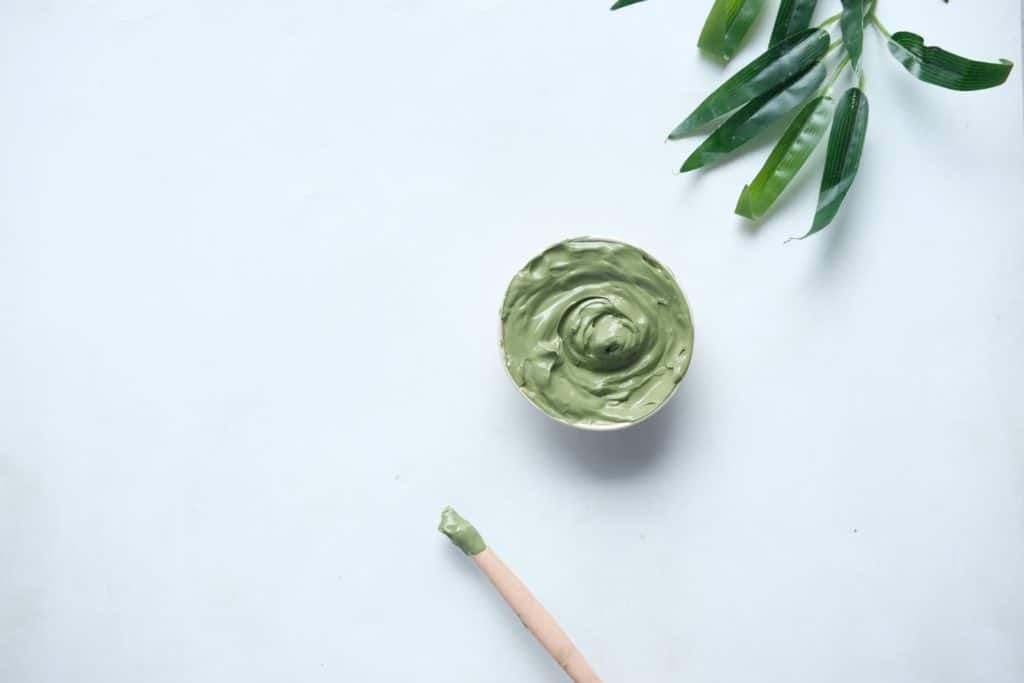Selling Products as a Self-Employed Esthetician
The beauty industry has recognized that incorporating a skincare regimen into your daily routine can positively affect your mental health. It has been shown that dedicating time to pamper your skin is a reminder to yourself, FROM yourself, that you are a priority that deserves to be taken care of. Professionals active in the skincare community have noted that the practice of having a consistent skincare routine can raise your confidence, soothe your anxiety and provide structure. It may be because of all of these reasons that you wanted to enter the business in the first place.

You are one of these professionals and have taken the appropriate steps to launch your career as a solo esthetician. Now, you want to expand and are considering the options that you have in front of you. You may be asking yourself “How can I market to the public so more people know about my business?” or “Can I truly have a side hustle?”. One option that many estheticians have explored was creating a skincare line as a supplement to their business.
With the growing interest in exploring the relationship between skincare, self-care, and wellness, more entrepreneurs are entering the industry with their own lines of products. At every part of the journey, you will inevitably face challenges that will require you to get out of your comfort zone in order to grow your beauty business. Here are some potential speed bumps you will have to consider in the beginning, and some ways that you can get over them:
Investing time in the formulation research
Like all businesses, creating a skincare line requires problem solving and tenacity. Keep in mind it’s no different than how it was like, in essence, when you were starting a cosmetology business. At its core, after all, skincare is a science, which requires careful manipulation of ingredients. The smallest tweak in an ingredient of a product can completely change its overall effectiveness. For example, topical retinoids and Alpha Hydroxy Acid (AHA), as separate ingredients, have great anti-aging properties and can improve skin texture.
However, the two ingredients mixed together may be too harsh for the skin and can cause inflammation. Whether you want to create serums, moisturizers, or exfoliators, it is imperative that you conduct research when formulating your products. This involves learning which ingredients work well together, while which ingredients don’t.
Conducting research and experimenting with core ingredients can look different based on your financial resources and preferences. Here are some examples of different means by which you can conduct your research:
- Experimenting at home
- Renting a space
- Collaborating with a lab
- Private label approach with beauty manufacturers
Figuring out how to get in contact with manufacturers
You should consider the following things when picking a manufacturer for your product:

- Location: This can refer to whether the manufacturer is based domestically or internationally, if it’s close to where you want to get the product shipped, etc.
- Referrals: Make sure you get some solid referrals so you know the manufacturer is legitimate and won’t scam you. Additionally, referrals can help you ensure that this manufacturer has the capability and expertise to formulate the type of products you are looking to sell.
- Availability: You should work with a manufacturer that offers quality customer service and will support you every step of the way.
Tying it in with the theme of your business
When experimenting with basic core ingredients, you will gravitate toward the ones that address the skincare concerns that you specialize in treating. Do you specialize in chemical peel treatments, and want to provide a similar product that your clients can use at home? Alternatively, you can ask yourself if you want to provide something completely different that clients can use as an addition to your in-person services. These are only two out of infinite ways that you can approach making your products.
Fragrances and Consistency
While some people love the incorporation of fragrances in their products, others may be averse to them due to sensitive skin and other pre-existing skincare concerns. Through experimentation, you will also get to determine the consistency of the products that you create. For example, if you are planning on marketing a moisturizer, you can decide if you want the formulation to have a cream, gel, or oil. If you are planning on marketing an exfoliator, you can decide if you want to be a chemical or a physical scrub.
Another useful starting point is to reflect on the established skincare lines that YOU like to use, as well as the ingredients that you know consistently work. This will show your clients that you have a personal connection to the products that you are creating (see the section below about making your brand more human).
Breaking into a crowded industry
It can be intimidating to think about competing with already established companies that have dominated the market for years. However, you have something that these companies don’t have: a clean, fresh slate. Don’t feel intimidated by the big names; in a changing social and economic landscape, there is more than enough space for you to contribute to the skincare community.

Figuring out what makes you stand out
Creating a skincare line is an opportunity for you to figure out an angle that sets you apart from already established brands. Think about the type of niche that you want to explore and the type of products you want to market. Below are examples of some mainstream “skincare niches”
- Clean skincare- according to Sephora, clean skincare is formulated without parabens, sulfates, SLS and SLS, phthalates, mineral oils, formaldehyde, and more
- Specific skin care concern related – creating products formulated to address a specific skincare issue (acne, hyperpigmentation, fine lines/wrinkles, etc) or demographic.
- K-Beauty – Korean beauty is characterized as only utilizing natural and harsh free ingredients to create clear, glowy, and natural looking skin. K- beauty is also known to encourage having multiple steps in a skincare routine. Words associated with K-beauty, when describing how your skin feels after, are “dewy” and “bouncy”.
- J-Beauty– Japanese beauty, similar in nature to Korean beauty, is newer but gaining more prominence!
- Vegan– according to Sephora, Vegan skincare is formulated without animal products or by-products.
- Socially conscious skincare– addressing the needs of populations that have been traditionally underrepresented and disregarded in the skincare community (people of color)
- Wellness-not exclusive to traditional skincare products like moisturizers or serums, the wellness niche can include vitamin beauty supplements and holistic wellness that address beauty concerns
Making your brand human
What do we mean by this? In the simplest terms, we mean making your skincare brand an extension of you in the most genuine and authentic way. One thing that you can do that can differentiate you from the big-name skincare brands is to personally connect with your consumers.
As a small business owner, you probably will not have celebrity connections that will help you market your line. And that is okay. Being transparent with the ingredients of your products and working your immediate support network is effective to showcase your legitimacy in the beginning stages. Blogging and answering questions online is a solid way for your customers to get to know you better.
Start up costs and Initial investment
Gathering the financial capital to start your line is a feat within itself. As everyone’s savings accounts will look different, your financial journey as a small business owner will be different from someone who has immense financial support. You will have to think smart and creatively when budgeting for your skincare line.
Understand laws and FDA guidelines
You don’t need to pay a lot of money for a fancy lawyer during your initial startup phase. However, you should familiarize yourself with the Food, Drug, and Cosmetic Act so you can stay compliant with the appropriate laws regarding cosmetic manufacturing. Your customers will be happy to know that your products are safe to use on their skin! For an introduction, check out the Good Manufacturing Practice checklist from the FDA. You will also have to take note of the following
- Product shelf life
- Labeling laws
- Skincare product stability and safety.
Building upon your brand – choosing a name, logo, and packaging
As a small business owner, you probably have some type of idea of what your personal brand is and the clientele that you mainly serve. When creating an extension of your business, you want the branding to align with the theme you have already established. It may seem like an obvious one, but figuring out what you are going to call your line, if different from actual business, can set the tone for your product’s success. Additionally, the colors, aesthetics, and designs that you choose for your packaging can directly influence the type of consumers that buy your products.

How Persona can help
If you have a dream of pursuing any of what was mentioned above, you should be able to seize the opportunity to give it a chance! With Persona, you can dedicate time to your side hustle, while still knowing that the technical sides of your businesses are accounted for.
With features designed to assist you with scheduling, payment collection, client tracking, and completing your taxes, your needs as a small business owner will be more than met, giving you the opportunity to grow